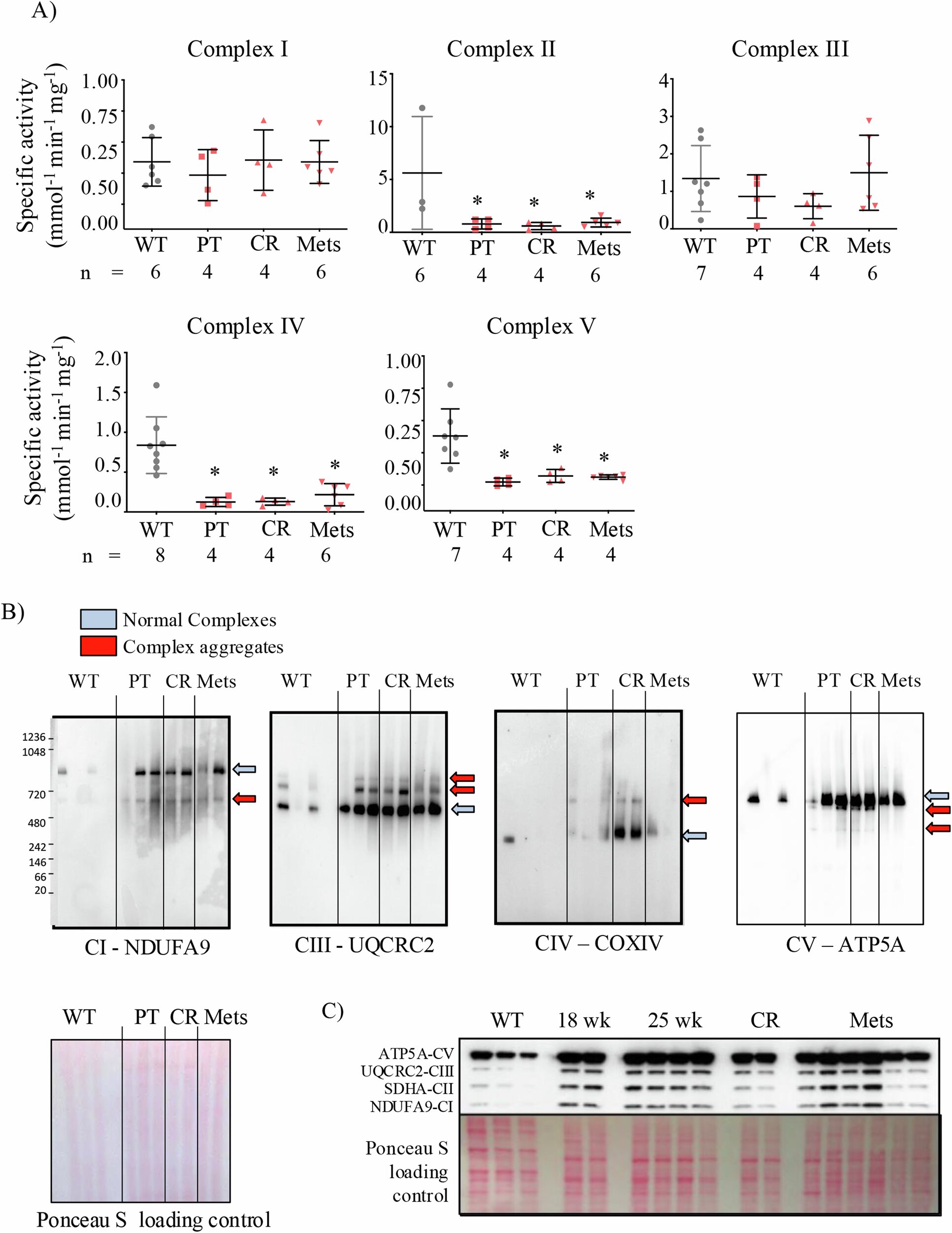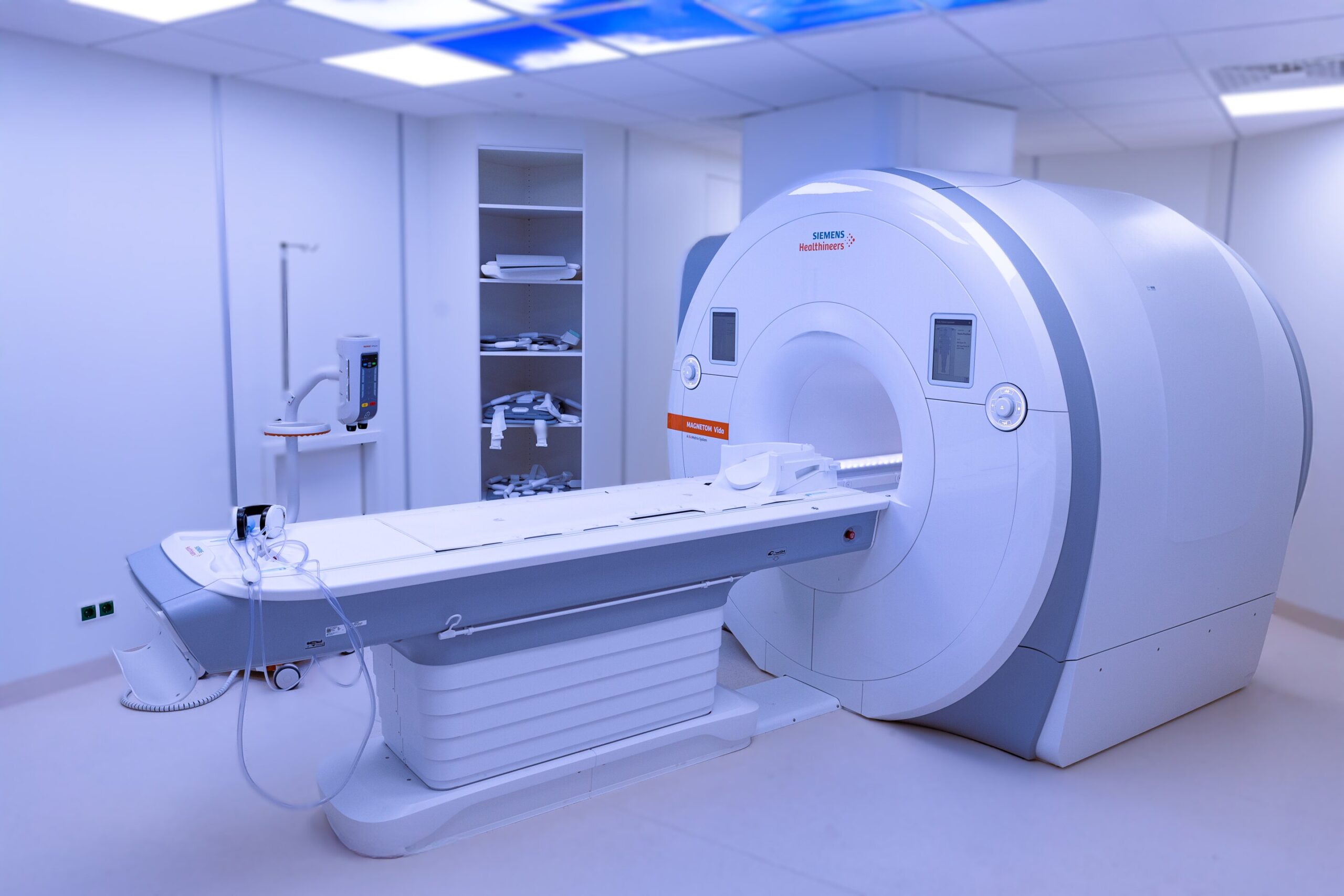Prostate
-
Facebook
-
Twitter
-
Linkedin
Innovations in imaging technologies like PSMA PET scans and advancements in hormone therapy have enhanced detection and treatment options, particularly for metastatic cases.

Press release for research from the 2024 ASTRO Annual Meeting
IMRT and proton therapy offer equally high quality of life and tumor control for people with prostate cancer – American Society for Radiation Oncology (ASTRO)

Nanoparticle Therapy Offers New Hope for Prostate Cancer Patients | University of Virginia School of Engineering and Applied Science
Prostate cancer is the second leading cause of cancer death among American men.

Drug breakthrough offers hope for advanced prostate cancer patients | The Independent
Research suggests a new drug slowed the growth of prostate cancer cells, including those with a resistance to the hormone therapy enzalutamide.

Steam-blast treatment for prostate cancer investigated in clinical trial
Prostate cancer is usually treated with surgery and radiation therapy, but these can have drastic side effects. A new clinical trial is exploring the safety and efficacy of killing the cancer cells with a blast of steam.

New study uncovers major link between common herbicides and prostate cancer: 'A tremendous health concern'
Researchers studied the link between the amount of pesticides sprayed in counties throughout the United States and prostate cancer rates 14 years after the chemicals' use.

New treatment target for neuroendocrine prostate cancer discovered
A team of researchers at Roswell Park Comprehensive Cancer Center, led by Dhyan Chandra, Ph.D., has discovered a new therapeutic target for neuroendocrine prostate cancer, a rare and hard-to-treat form of prostate cancer.

Prostate cancer breakthrough: New experimental medicine seen to shrink advanced tumours
Experts believe the breakthrough is an 'exciting step' towards tackling current obstacles in their field

MRI-first strategy for prostate cancer detection proves deemed safe and effective
There are several strategies for the early detection of prostate cancer. The first step is often a blood test for prostate-specific antigen (PSA). If PSA levels exceed a certain threshold, the next step typically involves taking a tissue sample for analysis. Another option is to use magnetic resonance imaging (MRI) to search for signs of a tumor before deciding whether a biopsy is necessary, reserving biopsies only for cases where abnormalities are detected.

A new urine test could detect prostate cancer more accurately
A new urine test could detect prostate cancer more accurately

Eating egg linked to higher breast, ovary and prostate cancer risks, study finds
A recent study from Harvard University has identified a potential connection between eating eggs and the risk of developing certain types of cancer, particularly breast, ovarian, and fatal prostate cancer. The findings, published in the British Journal of Nutrition, shed light on the role egg consumption might play in the development of cancers related to sex […]

Drug breakthrough offers hope for advanced prostate cancer patients
Research suggests a new drug slowed the growth of prostate cancer cells, including those with a resistance to the hormone therapy enzalutamide.

A high omega-3, low omega-6 diet may slow down prostate cancer
A high omega-3, low omega-6 diet may slow down prostate cancer






